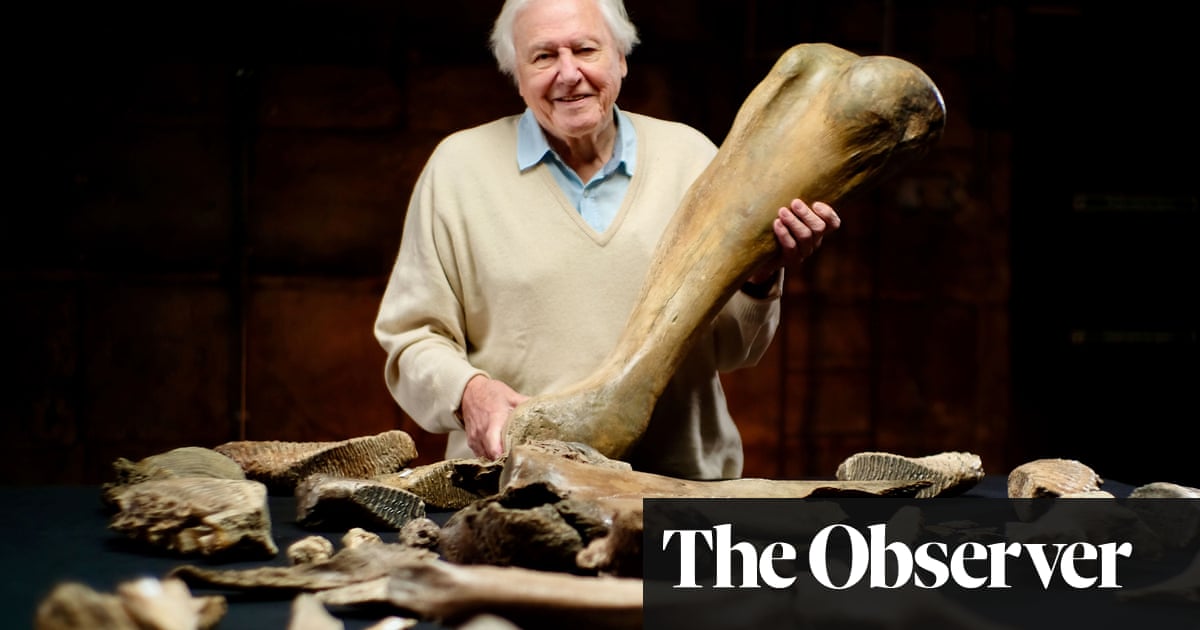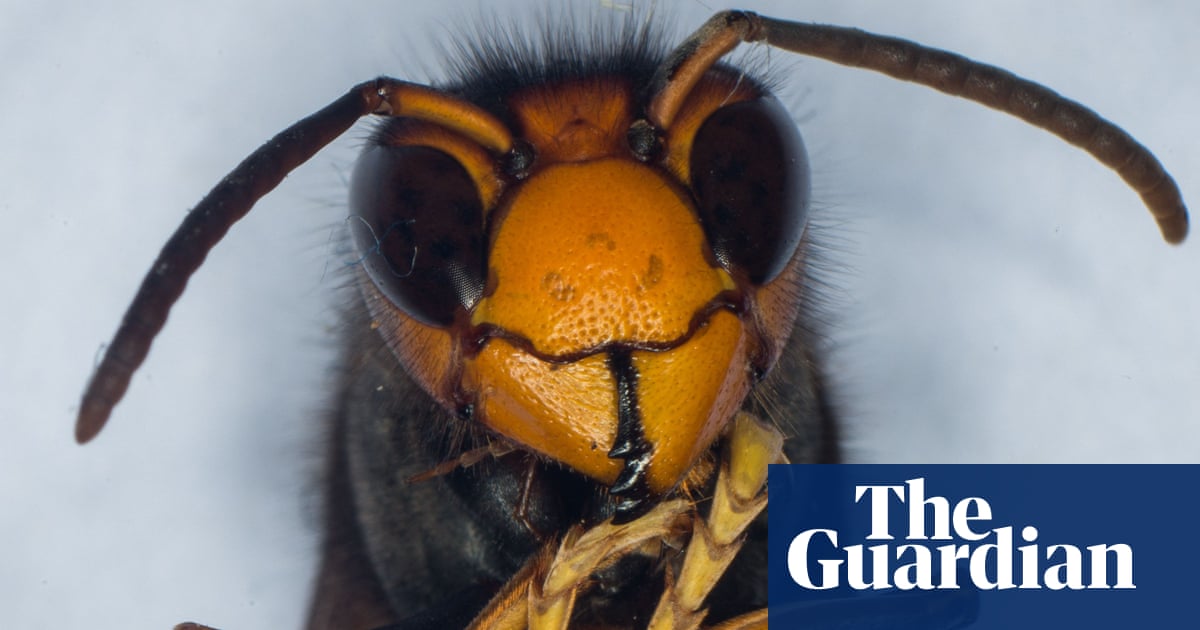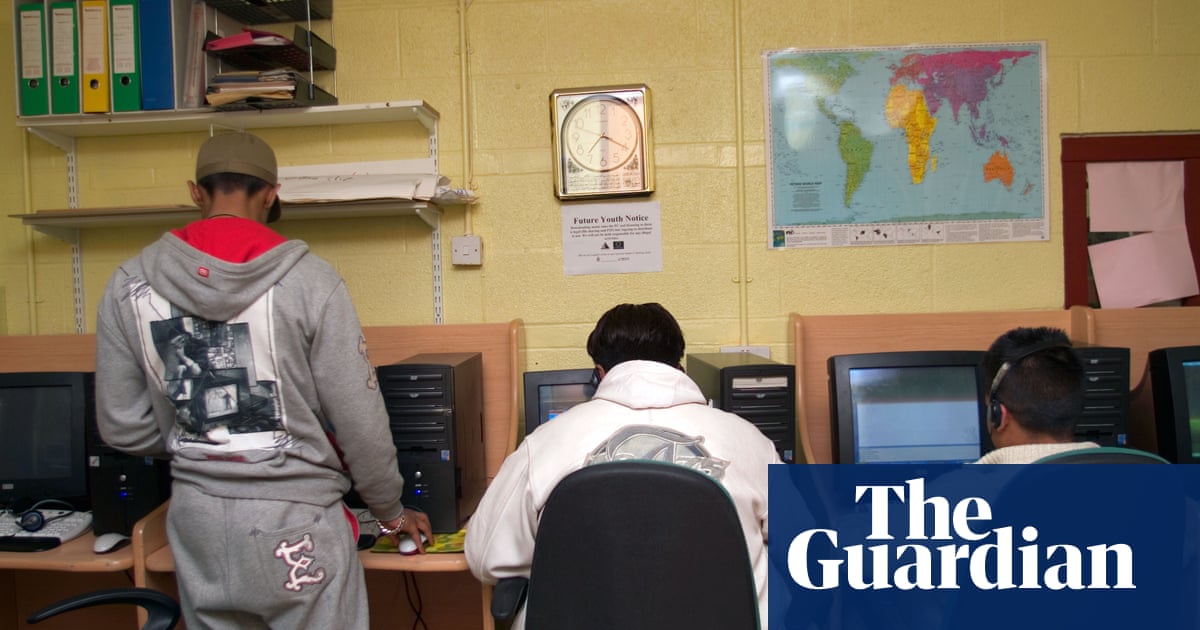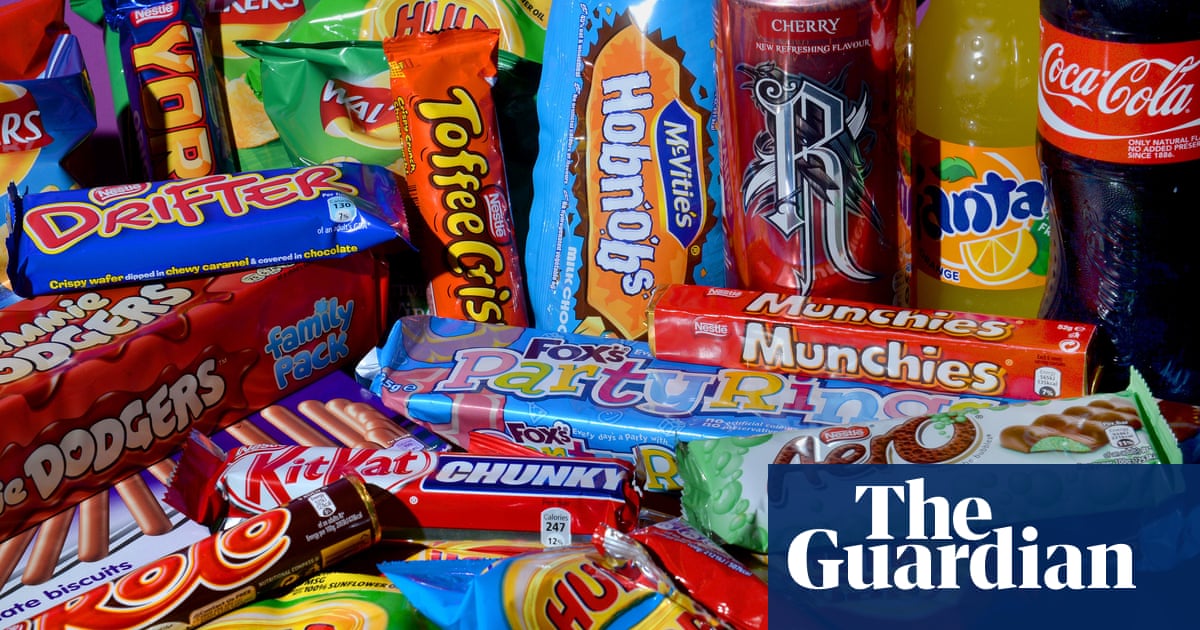
Experts and charities have raised the alarm about rising youth violence in the UK and say it could erupt over the summer, aggravated by Covid lockdowns, mental health problems and months out of education.
Overstretched youth services lack the funding and resources needed to tackle the problem and are bracing themselves for a surge in violence similar to that seen when lockdown was lifted last year, according to Kayleigh Wainwright, the director of collective action at the national charity UK Youth.
“In recent weeks some youth workers have said to me that lockdown, especially for young people already involved in gangs, has given them the opportunity to strategise and to think. Now lockdown has been lifted, we’re seeing this violence and conflict play out,” she said.
“And we saw a real increase in the number of young people being exploited as a result of Covid, because they were vulnerable and isolated.”
The Metropolitan police have said London is on track for its worst year of teenage killings since 2008. More than 20 young people have been killed in the capital since the start of the year, and two boys aged 15 and 16 were killed in separate stabbings in south London on the same day on 5 July.
Violence among young people has also surged in other areas of the country. At least 11 teenagers were fatally shot or stabbed in the West Midlands in the first six months of the year, including 14-year-old Dea-John Reid, who was killed on the spring bank holiday on 31 May.
The CEO of the youth violence charity Power the Fight, Ben Lindsay, said: “It doesn’t surprise me that we’ve got a generation now who, coming out of Covid, are really lost and confused, who’ve had to handle extreme isolation and now they’ve been given an opportunity just to be free again.
“I think that is a dangerous combination. I think it’s going to bubble over this summer, and in fact it is already bubbling over.”
Craig Pinkney, a criminologist and urban youth specialist, said predictions made about youth violence at the start of the pandemic were starting to be realised and new traits were appearing.
“The violence is going to erupt this summer. It’s like an explosion. Covid has really impacted people’s mental health and their social interaction. It’s almost like a melting pot. Young people don’t know what to do with their behaviours,” he said. He also stressed that youth violence needed to be treated as a public health issue to tackle it effectively.
Services on the frontline say there are no easy answers, and caution against simplifying the issue. Tanayah Sam, the founder of TSA Projects in Birmingham, a not-for-profit organisation that engages young people through sports and media, said he was sick of political soundbites and that people were too quick to blame individual issues such as the closure of youth clubs or Covid.
“There’s too many different factors that have led us to where we’re at now,” he said. “Knife crime in the last two years running up to Covid was the highest on record. So yes, Covid definitely plays a role, but it was on the increase already. That’s what we have to accept and it’s going to get worse.”
From his experience, a complex mixture of factors such as mental health problems, school exclusions, negative peer groups and domestic violence pushes young people towards violence, fuelled also by the glorification of gang culture through music and sports brands.
“So many people are denying the violence and denying the issues, they’re turning a blind eye and then things can fester and become more of a problem. That’s what’s happening now,” said Sam, who has written a book about his own experience with gangs. “Every child has got a need and it’s about meeting their needs. When you meet their needs, their world changes. But each case is different.”
One teenager said TSA Projects had become a lifeline and helped him escape the stress of the streets.
“As a young black boy, if I’m not in a safe space, if I’m not in a building with people that I can trust, something might happen,” he said. “If you’re just walking in town, you could be walking with a hood up and somebody mistakes you for a gang member, and that’s either your life over or your life in jeopardy.”
He said some areas of Birmingham had become overrun by rival gangs, with as many as 12 in one city ward, and that he knew of children as young as 10 finding it difficult to avoid becoming embroiled.
“I feel like most of the problems come from people not feeling safe in their own environment any more. And I feel like the violence has been glamourised to the point where most people are doing it for clout, or for fame and for status,” he said.
“Covid did make it worse because in lockdown there were more kids not in school. And in summer, when everyone was out partying, I saw more young people die in the space of a few months than I’ve ever seen before.”












